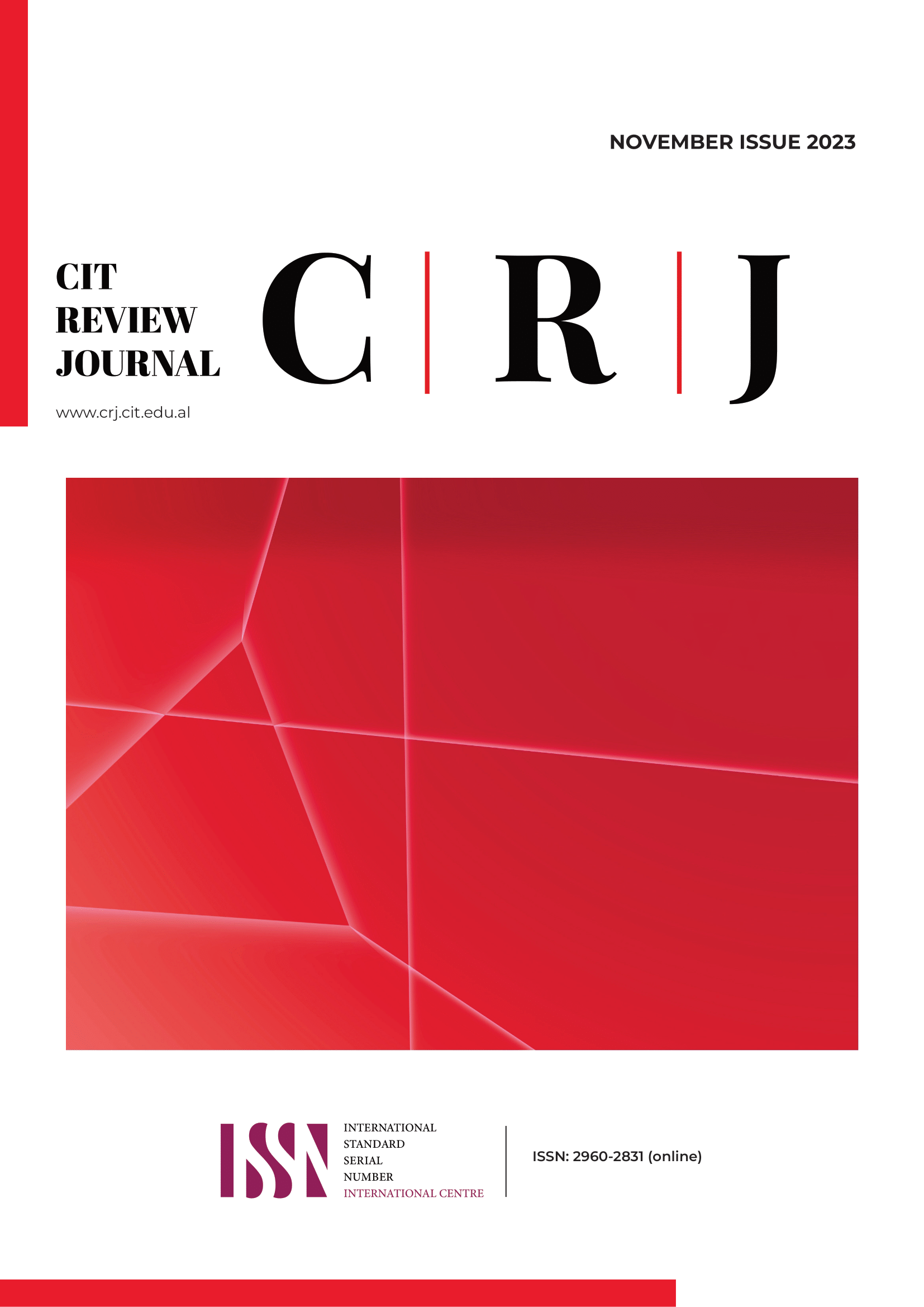CIT rev. respects intellectual property and aims at protecting and promoting original work of its authors.
Plagiarism is the unethical act of copying someone else’s prior ideas, processes, results or words without explicit acknowledgement of the original author and source. Self-plagiarism occurs when an author utilizes large part of his/her own previously published work without using appropriate references. This can range from getting the same manuscript published in multiple journals to modifying a previously published manuscript with some new data.
The journal is strictly against any unethical act of copying or plagiarism in any form. Manuscripts found to be plagiarized during initial stages of review are out-rightly rejected and not considered for publication in the journal.
Types of Plagiarism
The following types of plagiarism are considered by CIT Review:
Full Plagiarism: Previously published content without any changes to the text, idea and grammar is considered as full plagiarism. It involves presenting exact text from a source as one’s own.
Partial Plagiarism: If content is a mixture from multiple different sources, where the author has extensively rephrased text, then it is known as partial plagiarism.
Self-Plagiarism: When an author reuses complete or portions of their pre-published research, then it is known as self-plagiarism. Complete self-plagiarism is a case when an author republishes their own previously published work in a new journal.


